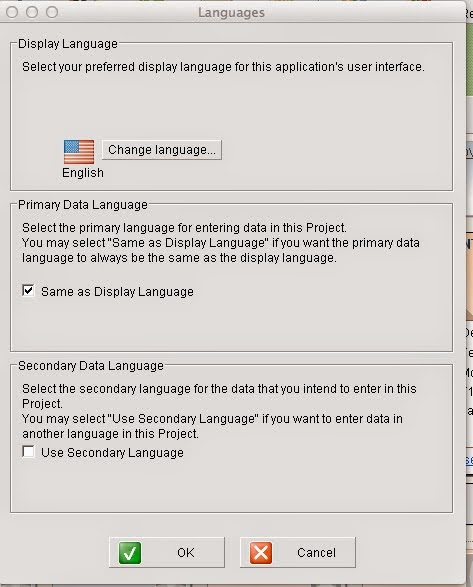I have written before about keeping track of what calendar is being used with my Eastern European ancestors, since some territory went back and forth between Julian and Gregorian depending upon changing government borders.
I was not aware that there was even greater confusion in North America. In general, one is told that the British colonies adopted the Gregorian calendar in 1752. And that is that. Of course, Britain was not the only one to have colonies in North America. The Netherlands were an early adopter of the Gregorian Calendar.
My ancestor, Myndert Frederickse (and his brother Carsten) were among the founders of the First Lutheran Church of Albany. In a history of the church (Swan of Albany, Henry H. Heins, 1976) there is a discussion about the calendar changes for the Hudson Valley.
1664 - The British annex New NetherlandIt is difficult to ascertain the exact date of the British annexation of New Netherland beyond “late summer, 1664,” because at that time there was a difference of ten days between the calendar used by the Dutch and that used by the English. The Netherlands had already switched from the Julian (Old Style) to the Gregorian (New Style) calendar in 1583, while the English would not do so until 1752. Thus in 1664, the Dutch settlers’ calendars were ten days ahead of the ones used by their new government.With Peter Stuyvesant’s surrender, therefore, the calendar went back to Old Style in the Hudson Valley, and the dates of the previous week or two were relived for a second time by the Lutherans and everyone else who was already there. (P. 15)
Since the Dutch naturally retook the colony with every intention of holding on to it, the restoration of the Dutch calendar (New Style) quickly resulted. The ten days that were added in 1664 were taken away again: anyone in New Orange or Willemstadt who had a birthday during the changeover lost it in 1673. (P. 20)
The days of the week were the same on both calendars, and the actual day of the changeover — October 31 (OS) November 10 (NS) was a Saturday. This made the transition easier, but it also meant, since the difference was not 14 but only 10 days, that the dates of the month which then had to be repeated fell on different days of the week than they had the first time around. Here is how the month of November was actually observed in the year 1674, as we have reconstructed the situation: (P. 21)























